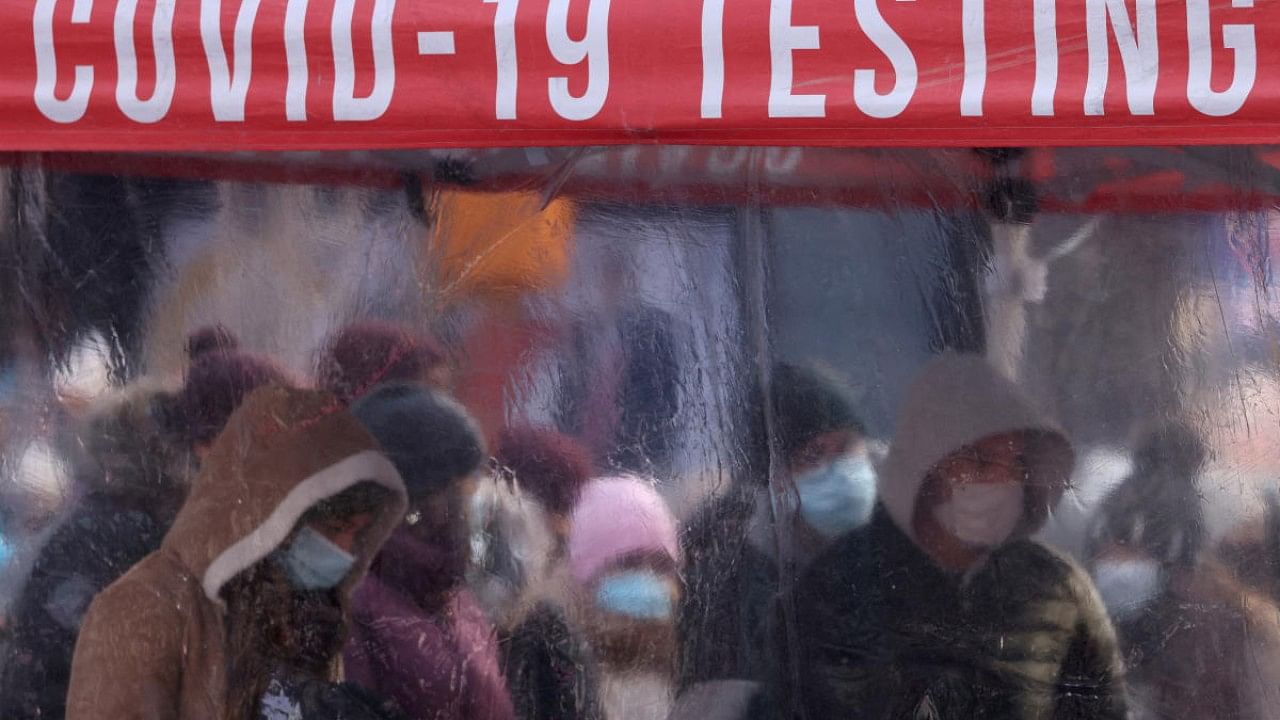
The rapid increase of the BA.2 subvariant of Omicron in the US has raised concerns as different parts of the world, including India, recover from fresh waves of the coronavirus.
Here’s everything we know so far about the BA.2 sub-variant of Omicron:
The genetic sequence of BA.2 variant differs from BA.1. It includes some amino acid differences in the spike protein and other proteins.
Studies have found that BA.2 sub-variant has a growth advantage over BA.1 as it appears to be inherently more transmissible, according to a WHO statement on BA.2. Anthony Fauci, Chief Medical Advisor to US President, has said that the sub-variant does not appear to be more severe even as it is about 60 per cent more transmissible than Omicron.
WHO also mentioned "initial data from population-level reinfection studies suggest that infection with BA.1 provides strong protection against reinfection with BA.2, at least for the limited period for which data are available".
The BA.2 sub-variant of Omicron makes up over a third of all coronavirus variants circulating in the United States, according to an estimate from the US Centers for Disease Control and Prevention (CDC) on Tuesday.
AstraZeneca on Monday said its antibody-based cocktail to prevent and treat Covid-19 retained neutralising activity against Omicron coronavirus variants, including the highly contagious BA.2 sub-variant, in an independent lab study.
The new Omicron subtype BA.2 became predominant in Germany last week, accounting for nearly two in three infections.
The BA.2 made up 22.3 per cent of circulating variants in the United States for the week ending March 12, revised down from 23.1 per cent, according to a CDC model that estimates proportions of circulating variants.
Check out the latest videos from DH: